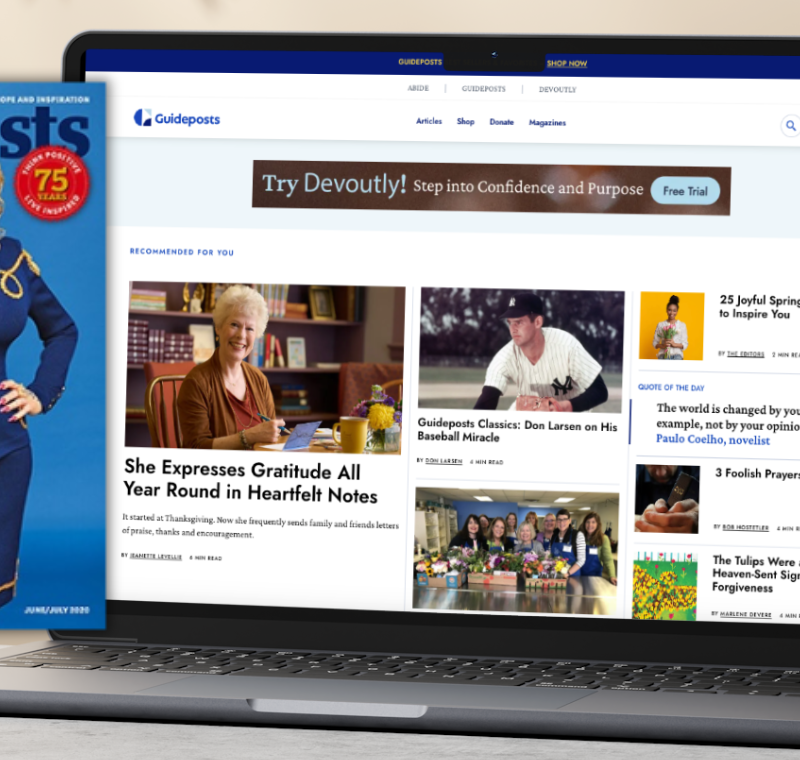BILD’s Stefan Betzold on the challenges, and opportunities, of distributed content
It is an issue that is concentrating the mind of Stefan Betzold, the managing director Digital at BILD KG, a subsidiary of market leading publishing house Axel Springer SE, who oversees the digital activities of Germany’s biggest media brand BILD.
Its digital properties attract over nineteen million unique users each month and Betzold is tasked with ensuring that BILD’s digital growth spurt continues. Yet, as many American publishers have discovered, the social platforms deliver scale and are currently apparently offering attractive commercial terms. So might owned websites become less pivotal to publishers in the future?
At the Digital Innovators’ Summit, 20-22 March in Berlin (bookings at the standard rate available until 15 March), Betzold will outline how publishers can work with social platforms, and what lines in the sand, in terms of data sharing, paid content and ad revenue splitting, media companies need to draw.
Slate’s Editor in chief, Jacob Weisberg, described distributed content strategies at the FIPP World Congress as risky as they involve ‘building your treehouse in someone else’s tree.’ Do you agree with him?
If you compare this analogy with our print business, we have been building tree houses for the last 60 years. Next to our own subscription sales, we sell the newspaper in more than 100,000 newsstands, train stations, retail and discount shops etc. We think that ubiquitous access to our news is important – for print as well as for digital. But it is also important that we, as a publisher, can control how the treehouse is built, what it looks like and how it is presented to the audience. It can be risky if someone else can slice it and control it to fit their needs.
There are also suggestions that while the terms that Facebook (Instant Stories) and Apple (Apple News), etc are offering now are good, they can’t be trusted long term to be so generous. Again do you agree?
I think we need to be asking: are the current offerings good? Or good enough? Personally I don’t think that’s the case for most of the platforms. There are still quite a few important things missing, such as the flexibility to sell more advertising, the option to offer paid content, better access to usage data etc. We need to discuss the ‘rules and terms’ for these partnerships, and make sure that they are fair for all partners, both now and in the future.
How many distributed content platforms does BILD currently work with? What are the plans for the future?
We are open to test platforms. We are currently running a lot of tests on Facebook Instant Articles and first tests with Google’s AMP. We are also investigating to see if further platforms, like Snapchat and other messenger platforms, will be relevant for our business.
Can a sizeable 21st century publisher ignore the platforms, or are they now essential to any publishing strategy?
We think that it is not a question ‘if’ we do distributed content, but ‘how’ we do it. We have to make sure that our editorial freedom is guaranteed and that we control how we distribute and monetise our content.
But it is pretty clear that we will not and cannot change consumer behaviour. If we want to reach various target groups – especially the younger ones – we have to publish our content on the new platforms.
It is however important not to underestimate the relevance and strength of our own destinations as we seek to engage with our readers and turn them into loyal brand customers. If we want to build a successful long term relationships with our readers, the core destination is always a strong owned channel rather than distributed platform channels.
Apple News is rumoured to be working on ways of offering subscription content to its readers. Is this a good move for publishers? Are you talking to other platforms about offering this?
It isn’t that we would appreciate platform models that offers paid subscriptions, we actually require them! The business model of BILD.de relies on two revenue streams, advertising revenues and paid subscription revenues. Thus, it is important for us to find a way to realise that strategy on external platforms to further grow our subscriber base.
Are we going to see more companies like Now This News (that Axel Springer recently invested in) which essentially exist as a content providers without a traditional website?
Yes, it can be an interesting business model especially for startups and publishing companies without a legacy business.
What do you see as the core monetisation strategies for distributed content? Is it all about native advertising?
From our perspective, the whole breadth of monetisation models should be used across all platforms. This shouldn’t be limited to native ads, but also include premium ad spaces and/or targeted advertising. Besides, we are in talks with every platform about paid content models and how to build a long term relationship with our readers.
Is there a line in the sand where you won’t work platforms – e.g. if they won’t share reader data
Absolutely! Sharing usage data and metrics is key for us. Otherwise, we cannot operate successfully on a platform. We need to understand reader behaviour, what content works and what topics are of less interest. Next to data, we have a full list of requirements for sharing content on external platforms, from editorial freedom, the need to maintain the brand identity, the ability to offer paid content models and the flexibility to offer and sell different advertising models.
Take a look at the updated DIS programme (subject to minor changes):
• Pre-summit, Sunday 20 March (pre-booked tours and drinks)
• Day 1, Monday 21 March
• Day 2, Tuesday 22 March
If you haven’t booked for DIS 2016, our standard rate is available until 15 March – click here to find out more.
More like this
Startups, disruption, M&As – Markus Schunk on the deals that will shape tomorrow’s media
Tech and opportunities for collaboration – Q&A with Burda’s Ingo Rübe








